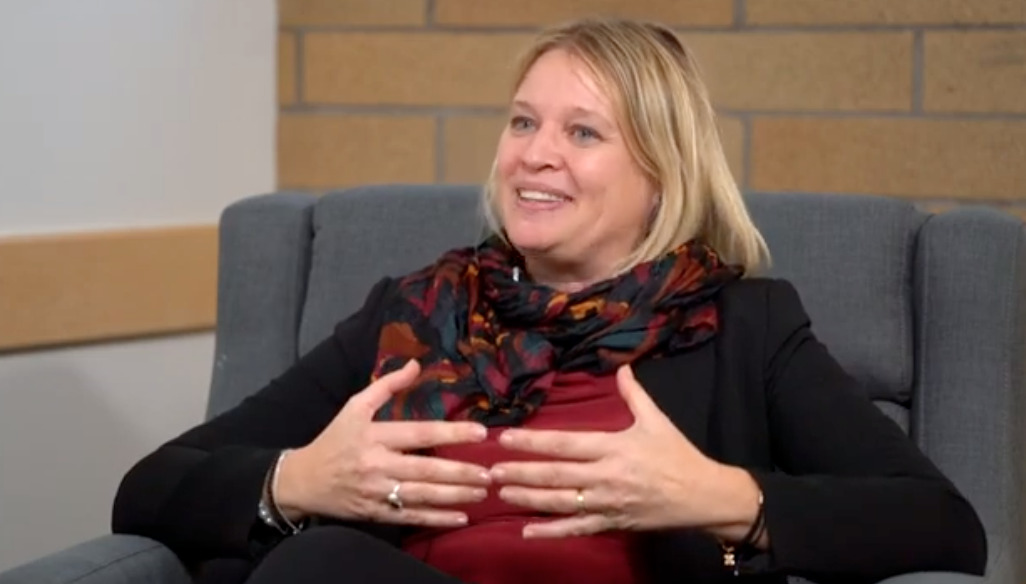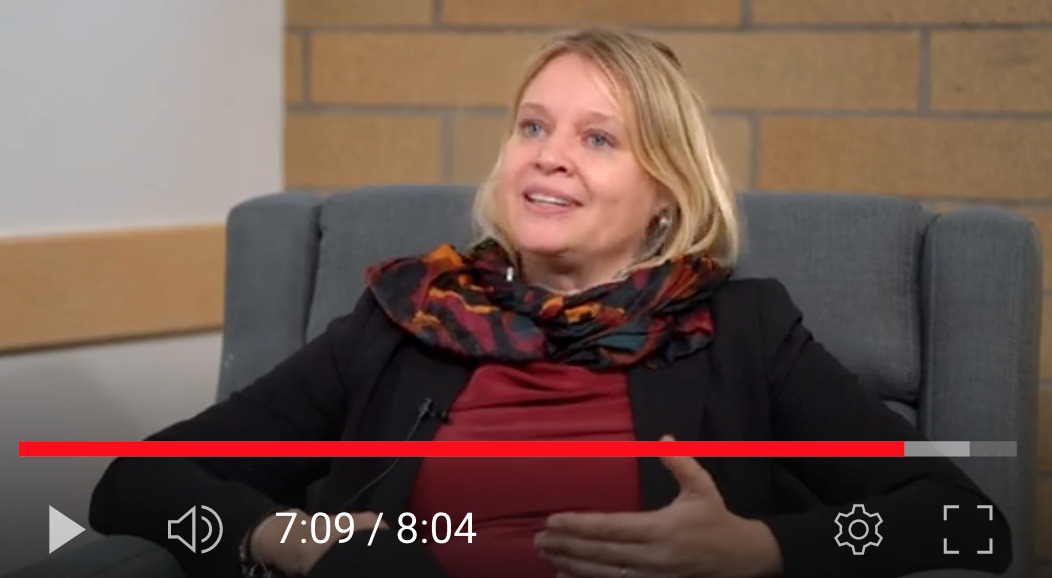Memory Politics – Democracy and Social Inclusion – Dr. Birte Wassenberg
Dr. Birte Wassenberg is Professor in Contemporary History at the Institute for Political Studies (IEP) of the University of Strasbourg.
Dr. Wassenberg explores how memory politics can have positive and negative implications for democracy and social inclusion. How memory politics is practiced depends on who is memorizing and what specifically is remembered. If memory is positively linked to democracy, it is specifically used to remember difficult periods of the past. The general population is engaged in discussions with the government to explore, interpret, and deal with the past. In a democratic arena, debate about the past is embraced to find paths towards reconciliation. On the other hand, a negative link in memory politics is when authoritarian states and extremist political parties use memory politics to renationalize discourse. Oftentimes, ‘us’ is pitted against the ‘other’, which tends to create anti-democratic dialogue and singular interpretations of history. Dr. Wassenberg also presents how in times of ‘crisis’, such as the COVID-19 pandemic or the migration crisis in Europe, a tendency exists to glorify the past and say “it was better”. Transposing history to the present is for him, however, a ‘thin solution’ to unique challenges of the present.
This interview is part of the interview series ” Expert Voices on Memory Politics” realized with the financial support of the Konrad Adenauer Foundation Kanada and the Erasmus+ Program of the European Union. The interviews were recorded during the October 2022 conference “Addressing the Past – Shaping the Future”.



